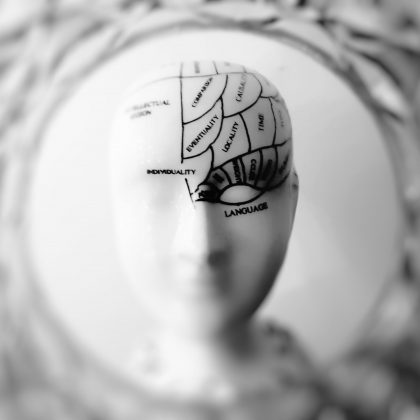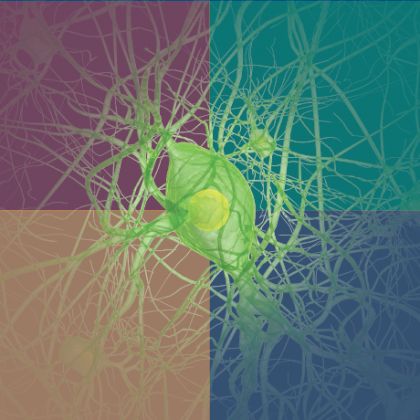Can Chatbots Preserve Our Relationships with the Dead?
Imagine this. Soon after the death of a beloved family member, you are contacted by a company called Digital Souls, informing you that “Your relationship with your loved one doesn’t have to end.” As it turns out, your loved one paid this company to create an LLM-based chatbot that is modelled on their personality and speech patterns. For a small monthly fee, you can have unlimited conversations with this “thanabot.” Motivated mainly by curiosity, you decide to sign up and are shocked to discover just how much conversations with this AI chatbot resemble conversations with your deceased loved one. Over the months that follow, you find yourself having regular conversations with this thanabot and eventually come to feel as if your past relationship hasn’t ended but has simply continued on in a new form.
Companies like Digital Souls already exist, and people are already starting to form relationships with thanabots based on their dead relatives, partners, and friends. What should we think about this? Is this new technology something to be avoided, or possibly embraced?
Our paper “Can Chatbots Preserve Our Relationships with the Dead?” (in the Journal of the American Philosophical Association) explores two important questions about these novel technologically-mediated relationships. First: could a relationship with a thanabot truly be a continuation of one’s relationship with a now-deceased loved one? Second: can a relationship with a thanabot be as beneficial for you as a rewarding intimate relationship with another human?
The answer to the first question, we argue, is no. We contend that the persistence of a relationship partly depends on the identity of the people in that relationship. Relationships with thanabots cannot be continuations of relationships with deceased people because a human cannot persist as an LLM-based chatbot.
The answer to the second question is more complicated. A relationship with an LLM-based thanabot won’t possess the features that we value most in our cherished intimate relationships with other humans. For example, it won’t involve genuine mutual understanding, appreciation, concern, or commitment, and the inherent power imbalance between thanabots and humans makes an equal relationship impossible. At the same time, there are important instrumental benefits and costs that might come from regular interactions with an AI chatbot. On the one hand, a thanabot might be a source of grief support, advice, companionship, pleasure, and knowledge. On the other hand, interacting with a thanabot might carry a variety of risks, including privacy violations, corporate manipulation, and opportunity costs.
Ultimately, it may prove difficult or unhelpful to generalize about the value of thanabots. For certain people in certain circumstances, it will be worthwhile to interact with a thanabot; for others, it won’t be. What can be said is that relationships with thanabots will be missing key ingredients of healthy human relationships, and they won’t be literal continuations of our relationships with deceased loved ones.







Our persistent inclination to sustain a relationship with deceased loved ones—despite the rational finality of death and the fantastical allure of necromantic possibility—reveals more about the living than the dead. This tendency reflects a psychological and cultural mechanism of denial, whereby death is not fully accepted as an absolute rupture, but is instead deferred through symbolic, technological, and ritualistic means. Increasingly, this impulse is mediated by digital and algorithmic technologies, including artificial intelligence, which simulate presence, memory, and interaction long after biological death. These technologies do not merely preserve memory; they reanimate it, blurring the boundary between absence and presence. Underlying this phenomenon is a profound and enduring human desire to transcend mortality—a secular aspiration for immortality that reconfigures our mourning practices and reshapes our ethical engagement with both memory and personhood.